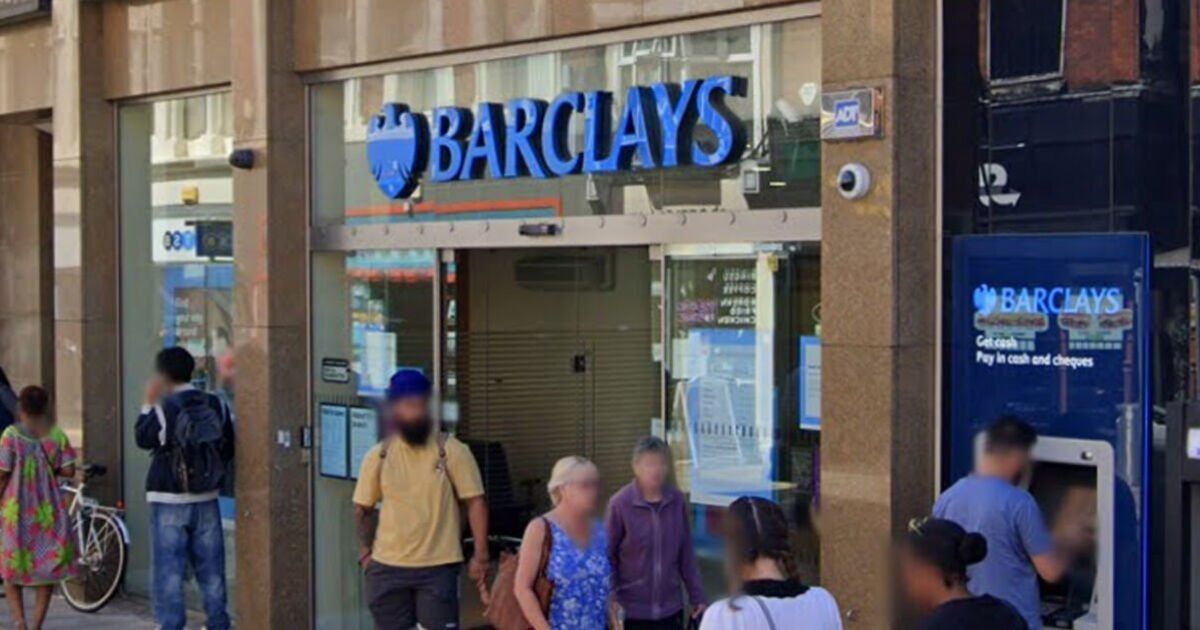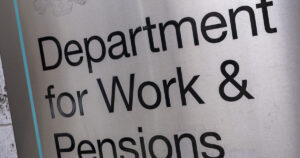
Pension savers thinking of moving their cash around ahead of changes in the Autumn Budget should bide their time or risk a hefty tax bill, an expert has warned.
There have been reports Chancellor Rachel Reeves could change the pensions lump sum rules to make them less generous – at present you can take out up to 25 percent of your pension pot as a lump sum.
But Lee Platt, wealth planner at Barclays, warned against hastily moving your cash around to save on your taxes as you could end up a large HMRC bill further down the line.
He explained: “Those who are in a position to access their tax-free lump sum may now be considering doing so before the Budget, ahead of any changes.
“However, in our view, this isn’t necessary. Even if changes are announced, they are unlikely to take effect straight away, so there will be time after the Budget to make an informed decision as to the best course of action.”
He warned that taking out your lump sum now could in fact put you in a “worse position”, as this could make your funds liable for inheritance tax, a hefty 40 percent levy.
Barclays gave the example of how from an individual pension worth £400,000, a person could take out up to £100,000 as a lump sum, with the remaining balance of £300,000 moved into drawdown, still invested in the pension.
The residual balance would be classed as ‘crystallised funds’ which could be subject to inheritance tax, as would be the lump sum.
This would mean when the person died their successor may face a £160,000 bill to pay, yet if the person had not taken out the lump sum, the £400,000 would not be liable for inheritance tax.
And there could be an even bigger inheritance tax bill to pay, as there have been reports the Chancellor may increase the remit of the tax in the Budget, such as by reducing the nil-rate band or expanding the levy so it applies to pensions.
Mr Platt said: “Ultimately, unless plans are in motion already, deciding to take a course of action in one area could risk another, and people could end up in a worse position.
“For those who do want to stay on the front foot and take action now, it’s worth positioning yourself to ensure you maximise all available tax allowances, such as ISAs and pension contributions, before the current tax year ends on 5 April 2025.”
You can deposit up to £20,000 a year into ISAs, with no tax to pay on any interest or investment growth, and no tax to pay on income derived from an ISA. You can also save up to £60,000 a year tax-free into pensions.
Another less obvious way taxes could increase is if the personal allowance and tax bands for income tax stay the same, meaning people will pay more as their income increases.
Sarah Coles, head of personal finance at Hargreaves Lansdown, said: “Rachel Reeves looks set to follow in the stealthy footsteps of the previous Government, by freezing the tax thresholds for even longer, which would take money out of our pockets by sleight of hand.
“Thresholds have been frozen since April 2022, and by 2028, there will be 3.7 million more taxpayers, 2.7 million more higher-rate taxpayers, and 600,000 more additional-rate taxpayers than if allowances and thresholds had been indexed to inflation and the additional rate threshold kept at £150,000.”

















